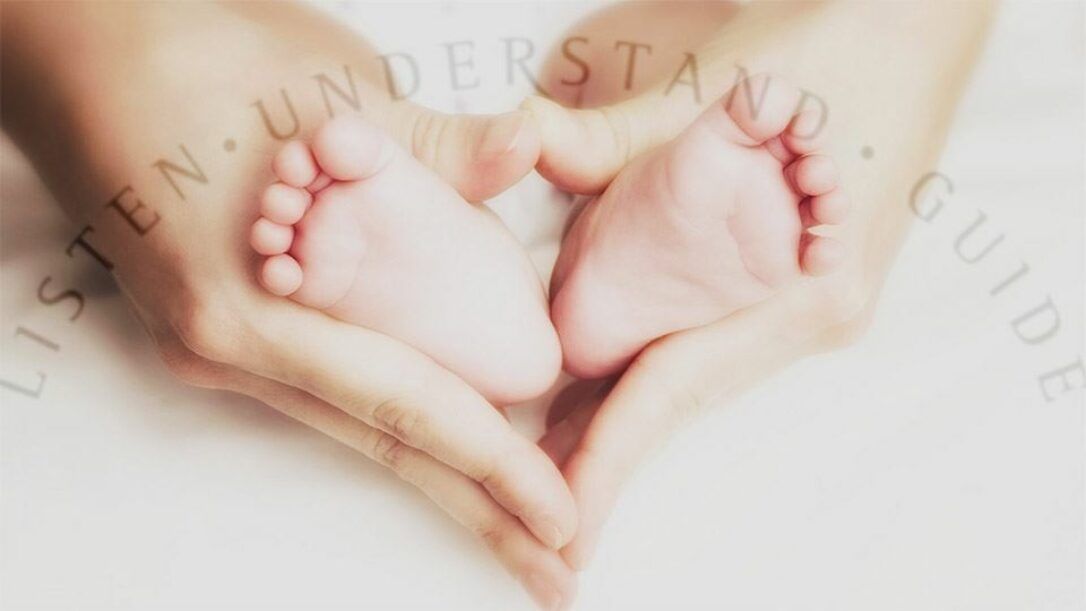“Nobody cares how much you know, until they know how much you care.”
Theodore Roosevelt
For anyone at work about to become a parent, “workplace pension” surely isn’t the first thought to spring to mind. It’s unlikely it would even be the second or third, but if you or your children are soon to become a parent, parental leave will follow and you’ll need to know how it affects pension entitlement. Did you even know it does?
It should be easy enough to find out the impact, if any. Employment Law has specified the pension rights of those on parental leave for years…but now Automatic Enrolment (AE) has been enforced there is a little more explaining to do.
Automatic Enrolment & Parental Leave
The impact parental leave will have on AE depends on several factors:
- Has your employer gone through “staging”?
- Are you a member of a qualifying workplace pension scheme (QWPS) or AE scheme?
- Are you already on parental leave?
Staging
All companies with at least one employee have been assigned a staging date by The Pensions Regulator, from which they must meet the requirements of AE and enrol all eligible jobholders into a QWPS, if they are not already members of one. An organisation can postpone its staging date by up to three months in which case, enrolment will occur on the scheme deferral date.
Qualifying Workplace Pension Scheme (QWPS)
A QWPS must meet statutory minimum criteria and if you are a member of a QWPS then you do not have to be automatically enrolled into an AE scheme. If you are unsure whether you are a member of a QWPS, speak to us or your employer.
Am I affected?
This depends on whether or not you are on parental leave on your employer’s staging date, or on the subsequent re-enrolment date which is covered later in this article.
To see how parental leave can affect you, select below whichever is most appropriate to your circumstances.
Back to work
On your return to work you may be able to make extra contributions to your plan, depending on your scheme rules. This may appeal to you if you wish to compensate for any drop in pension contributions during your leave due to receiving statutory or occupational parental pay at a lower rate than your usual earnings.
Automatic Re-Enrolment
…is the very thing that prompted this article. A member of the Courtiers team asked me how their wife would be impacted by re-enrolment as her company was potentially going through the process during her maternity leave.
If you are on parental leave when your company goes through re-enrolment and you previously opted-out of the scheme:
You will be assessed on the re-enrolment date on your actual earnings for that relevant pay period
If eligible you will be automatically enrolled into a QWPS:
Employer
- Contributions based on actual pay
- May not have to contribute if employee stops making contributions unless scheme rules or contract of employment states otherwise
- Once SMP or occupational pay stops employer contributions can stop
Employee
- Contributions based on actual pay
- Contributions don’t continue during any unpaid leave
- If you opt-out you will not receive any contributions to the scheme
If you are due to go on parental leave after your company goes through re-enrolment, and you previously opted-out of the scheme:
Same as above until parental leave commences, at which point:
Employer
- Contributions based on level of earnings immediately before parental leave
- Matched contributions continue at the previous level
- May not have to contribute if employee stops making contributions unless scheme rules or contract of employment states otherwise
- Once SMP or occupational pay stops employer contributions can stop
Employee
- Contributions based on actual pay
- Contributions don’t continue during any unpaid leave
If you are not entitled to SMP or occupational pay:
Employer
- Must pay contributions up to Week 26
- Contributions based on level of earnings immediately before parental leave
- Matched contributions continue at the previous level
Take time to consider the impact of parental leave on your workplace pension. Understanding its effects now will allow you to plan and prepare for the future and not only will this be a positive thing for yourself, but for your family and children too.
The information provided in this article is based on our understanding of current legislation which is subject to change.













